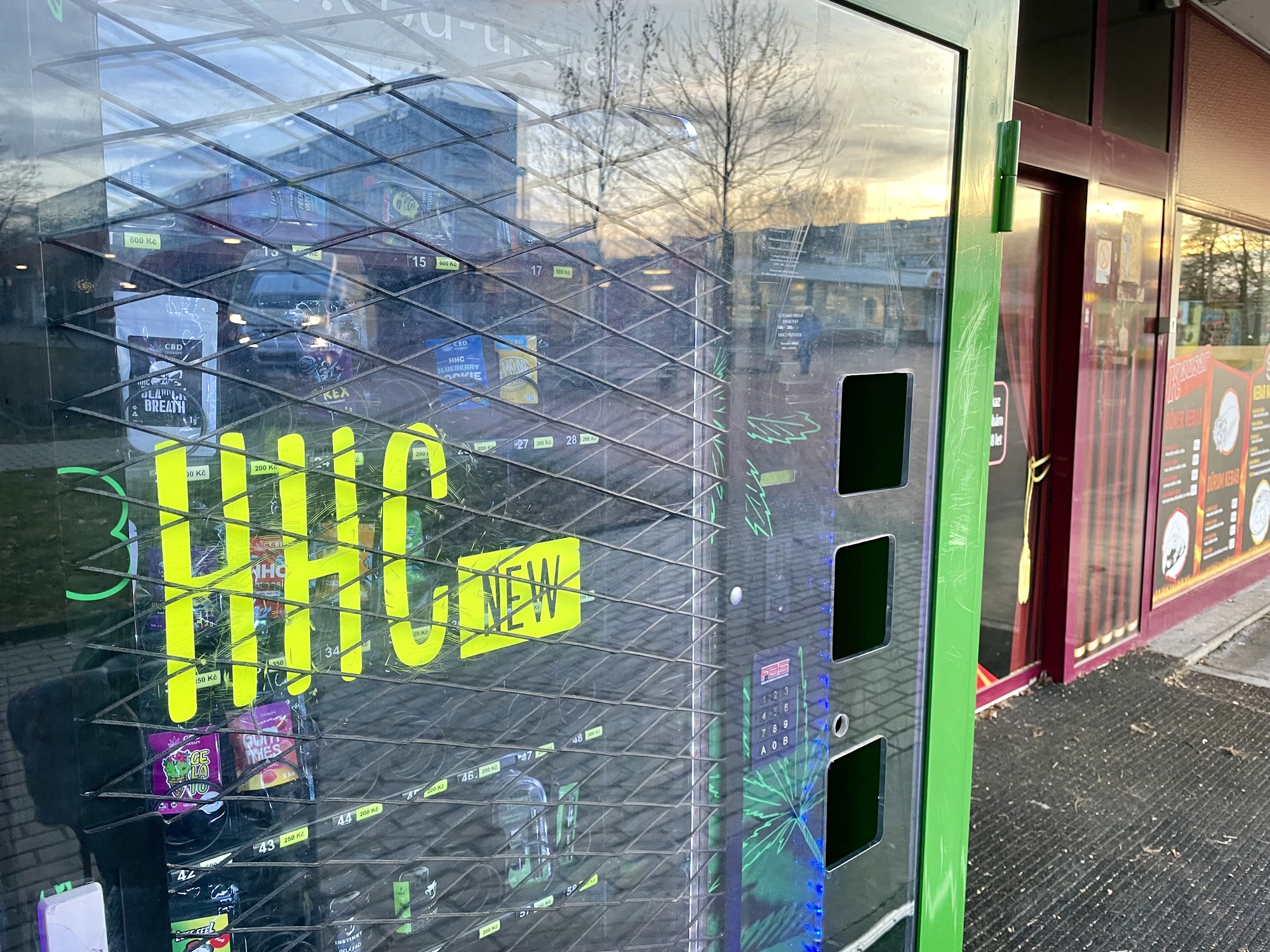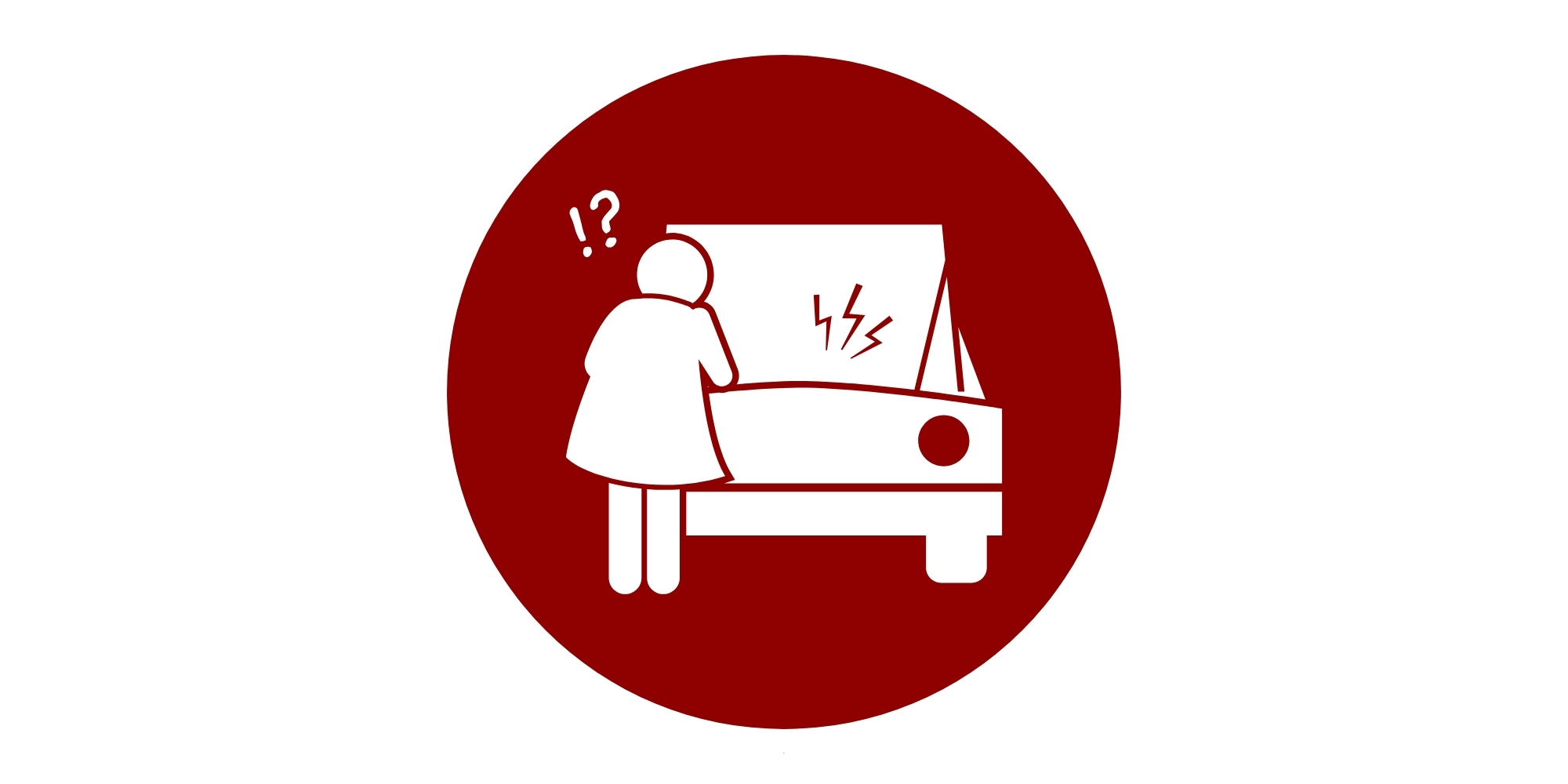HHC Vapes and Edibles Now Illegal as Government Classifies Drug as Schedule 1 Substance
HHC vapes and jellies banned in Ireland after psychosis surge; help available on 1800 459 459.

The synthetic cannabis-like drug HHC, commonly sold in vapes and edible jellies across Cork, has been banned by the Irish government after studies linked it to a surge in psychosis cases, with health ministers warning parents about the drug's deceptive marketing to young people.
The announcement from Health Minister Jennifer Carroll MacNeill, alongside Ministers Jennifer Murnane O'Connor and Mary Butler, means that the import, export, production, possession, sale, and supply of products containing Hexahydrocannabinol (HHC) is now illegal under the Misuse of Drugs Act 1977.
HHC has been particularly prevalent in Cork since its first detection in Ireland in 2022, often sold in colourful packaging designed to appeal to teenagers. The semi-synthetic cannabinoid produces effects similar to cannabis and has been marketed through vape pens, herbal mixtures, oils, edible jellies, cakes, and tinctures.
A concerning study from University Hospital Galway revealed that HHC was the second most common drug used by patients presenting with psychosis over a 21-month period, with the drug involved in a third of first-time psychosis cases.
Minister Carroll MacNeill stated:
"The sale of HHC as vapes, in attractive packaging, or in edible jelly form, is a marketing ploy aimed at young people, which masks the fact that this drug is harmful for youth mental health and can be addictive."
The classification places HHC among 14 newly controlled substances, including synthetic opioids and other semi-synthetic cannabinoids, following their identification by the EU and UN Commission for Narcotic Drugs as posing serious public health risks.
An Garda Síochána will now have enhanced powers to combat the trade in these illicit substances, with Schedule 1 classification reserved for drugs with little or no therapeutic value and very high risk of abuse.
Minister Murnane O'Connor emphasised:
"HHC, like other synthetic and semi-synthetic drugs, is a grave threat to public health. Controlling HHC and other harmful substances is an important step, that must be complemented by education and prevention programmes so that young people and parents are better informed about the risks associated with drug use."
For Cork families concerned about HHC use, the HSE operates a confidential freephone Drug and Alcohol Helpline on 1800 459 459, available Monday to Friday from 9:30am to 5:30pm. The HSE's drugs.ie website also provides comprehensive information and support resources, including "Alcohol and Drugs: A Parent's Guide" for parents worried about their children's exposure to these substances.
Minister Butler highlighted the mental health impact:
"A recent study showed HHC was involved in a third of first-time psychosis cases at University Hospital Galway. This is clear evidence of the serious harm it can cause. Classifying HHC as a Schedule 1 controlled drug will curtail its availability and reduce its health impact, particularly on the mental health of younger people."
The move comes as the government develops a successor to the National Drugs Strategy, with plans to review legal avenues for responding more quickly to emerging drug threats in the volatile drugs market.
Parents and young people in Cork who may have purchased these products should be aware that possession is now illegal, and anyone struggling with addiction is urged to seek help through the available support services.

